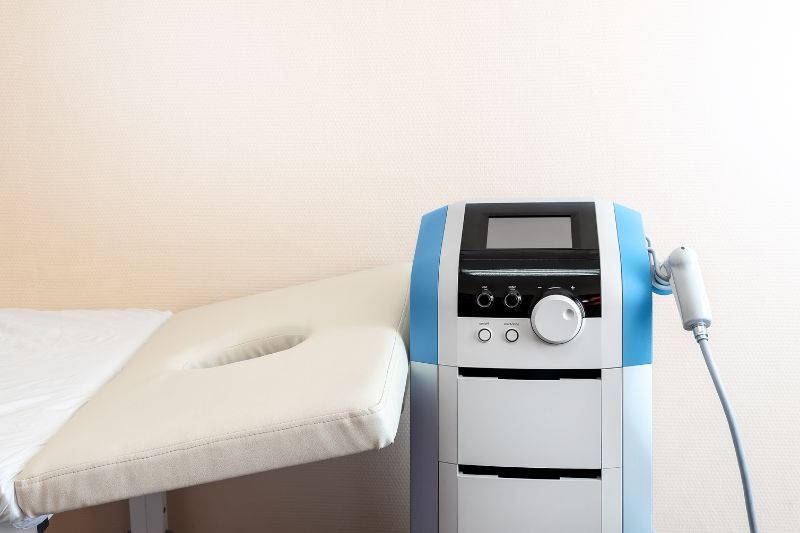Transcranial Magnetic Stimulation (TMS) has evolved into a powerful tool for treating various neurological and psychiatric conditions. As technology advances, new innovations are expanding TMS's potential. This article explores the future of Transcranial Magnetic Stimulation (TMS) and its impact on healthcare.

High-Definition Transcranial Magnetic Stimulation (TMS) (HD-TMS): HD-TMS allows for precise targeting of brain regions, potentially improving outcomes.
Personalized Treatment Protocols: Advances in neuroimaging and AI enable the creation of personalized Transcranial Magnetic Stimulation (TMS) protocols for individual patients.
Portable Transcranial Magnetic Stimulation (TMS) Devices: Portable Transcranial Magnetic Stimulation (TMS) devices could make treatment more accessible and convenient.
Neurological Rehabilitation: Transcranial Magnetic Stimulation (TMS) by Dr. Jennifer McMonigle is being studied to aid recovery in stroke, brain injury, and other neurological conditions.
Cognitive Enhancement: Research is examining Transcranial Magnetic Stimulation (TMS) potential to improve memory and attention in both healthy individuals and those with cognitive impairments.
Substance Use Disorders: Early studies suggest Transcranial Magnetic Stimulation (TMS) may help reduce cravings and improve outcomes in those with substance use disorders.
Autism Spectrum Disorder (ASD): Transcranial Magnetic Stimulation (TMS) is being explored as a potential treatment for improving symptoms.
Advancing Transcranial Magnetic Stimulation (TMS) by Dr. Jennifer McMonigle technology relies on continuous research and collaboration among clinicians, researchers, and technology developers. Clinical trials and studies are vital for validating new innovations and ensuring they are safe and effective.
As Transcranial Magnetic Stimulation (TMS) technology advances, its role in healthcare is set to grow, potentially becoming a standard, non-invasive treatment for various conditions. This technology uses magnetic fields to stimulate brain nerve cells, aiming to improve symptoms of depression, anxiety, and chronic pain. The widespread adoption of Transcranial Magnetic Stimulation (TMS) could greatly enhance patient well-being, offering a safer alternative to invasive procedures and reducing reliance on medication. With ongoing research, the future of Transcranial Magnetic Stimulation (TMS) in improving health looks very promising
with Dr. Jennifer McMonigle .